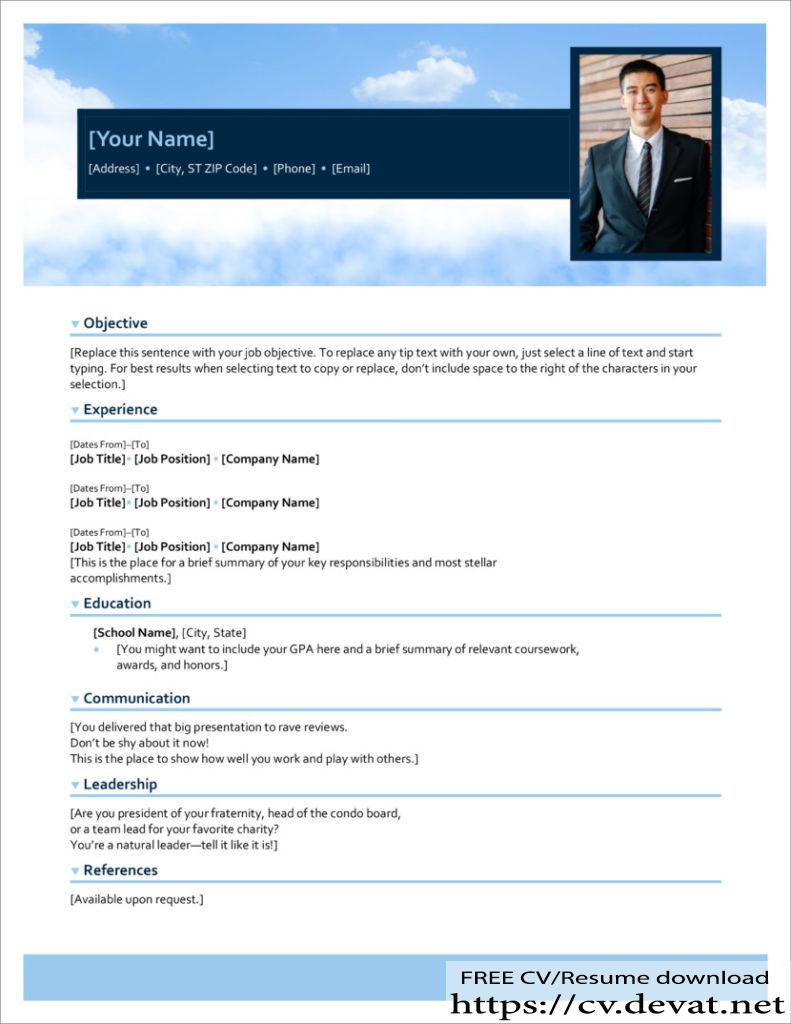simple German CV in English language
For example, in Europe, the most widely used term is CV instead of resume. The word for CV in Germany is Lebenslauf, which means ‘Life Run’. A CV is used more as a place to state facts without the fluff. According to a recent study done by Steps tone, 91% of HR recruiters name the CV as the most important document of an application. We have interviewed Jamie Rogers, a tech recruiter in Germany and we will share some of ours and his tips to impress recruiters in Germany with your Lebenslauf.
Germany CV Requirements
Germany has a very specific work culture and set of CV expectations that must be observed when writing your CV. This guide will set out some guidelines for writing your CV, but if possible, having a German local look over your CV is a great way to get some feedback on your German CV and make sure it meets all requirements.
A German curriculum vitae, or Lebenslauf , doesn’t look wildly different compared with résumés from other parts of the world. Applicants include a cover letter and list their educational degrees and work experience. When applying for a job in Germany, keep in mind there isn’t just one way to write a CV. There is no “perfect” version. The following is a general idea of how to structure a CV that won’t end up at the bottom of the pile. The first section of a German CV lists an applicant’s personal information. Titled Persönliche Angaben, or Personal Information, the section includes first and last name, place and date of birth, marriage status, nationality, and contact information. Each detail should be listed separately. Make sure to attach a passport-sized photo to the right-hand corner of the document with the name and date of birth written on the back. Under the Personal Information section, an applicant can include a subsection called Profil, or Profile, where she gives a short description of herself and what she does. Rather than using vague descriptions like “hard working” or “creative,” an applicant can use this space to describe herself in concrete terms, highlighting specific skills, experience, and fields of study. German employers value a direct explanation of experience. This will begin to tell them an applicant’s professional story and history.
Free CV Download
